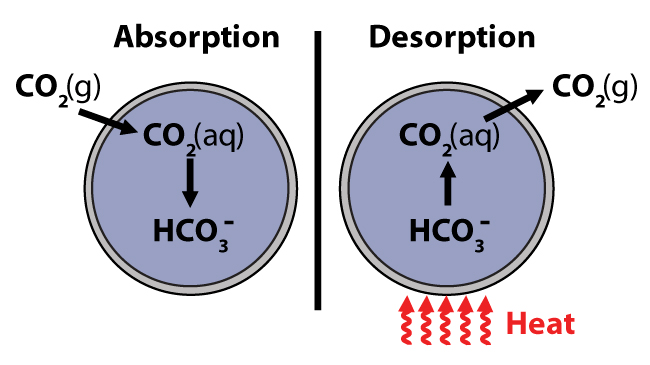Volatile Organic Compounds capture and removal: Methodologies, Advances and current status

Volatile organic compounds (VOCs) are organic chemicals that have a high vapor pressure at ordinary room temperature. Their high vapor pressure results from a low boiling point, which causes large numbers of molecules to transport from the liquid or solid form of the compound to the atmosphere.
VOCs are especially hazardous to human health and to environment. Some cases of VOC emissions are of significant interest, such as those coming from transportation, industrial manufacturing or in doors environment. VOCs removal is very important field of research and this seminar is designed to meet the needs of chemical and mechanical engineers, industrial manufacturers, potential investors and environmental engineers.
Objectives:
By the end of the course, participants should have:
ü An overview of the environmental hazards due to VOCs
ü Knowledge of most important VOCs and their origin
ü Methodologies/ technologies for VOCs removal from gaseous and liquid streams
ü A detailed knowledge of all materials used as separators/ adsorbents for VOCs treatment
ü Knowledge of specific applications including transportation, energy generation, industrial applications, indoors environments
ü Understanding of mechanisms involved in the VOCs removal [solubility, diffusivity, adsorption, and others]
ü Understanding of all models describing the removal process
ü Knowledge of all recent advances and breakthroughs
ü Investing opportunities
ü Future prospects
Contents:
ü VOCs identity and origin
ü VOCs molecular structures
ü Organic solvents
ü Environmental & Human health effects
ü Removal approaches
ü Separation approaches
ü Membranes
ü Adsorbents
ü Absorbents
ü Methodologies’ enthalpies, quantities, kinetics and thermodynamics
ü Adsorbent structures
ü Novel adsorbents
ü Adsorbent 3D models
ü Industrial removal: fixed beds
ü Industrial removal: fluid beds
ü Current status
ü Advances and breakthroughs
ü Computational Chemistry help
ü Investing opportunities
ü Summary, Conclusions and analysis of near future achievements
Who should attend?
ü Chemists, Chemical Engineers, Mechanical Engineers, Environmental Chemists
ü Petrochemical companies
ü Transportation media and furniture manufacturers
ü Investors in new technologies
